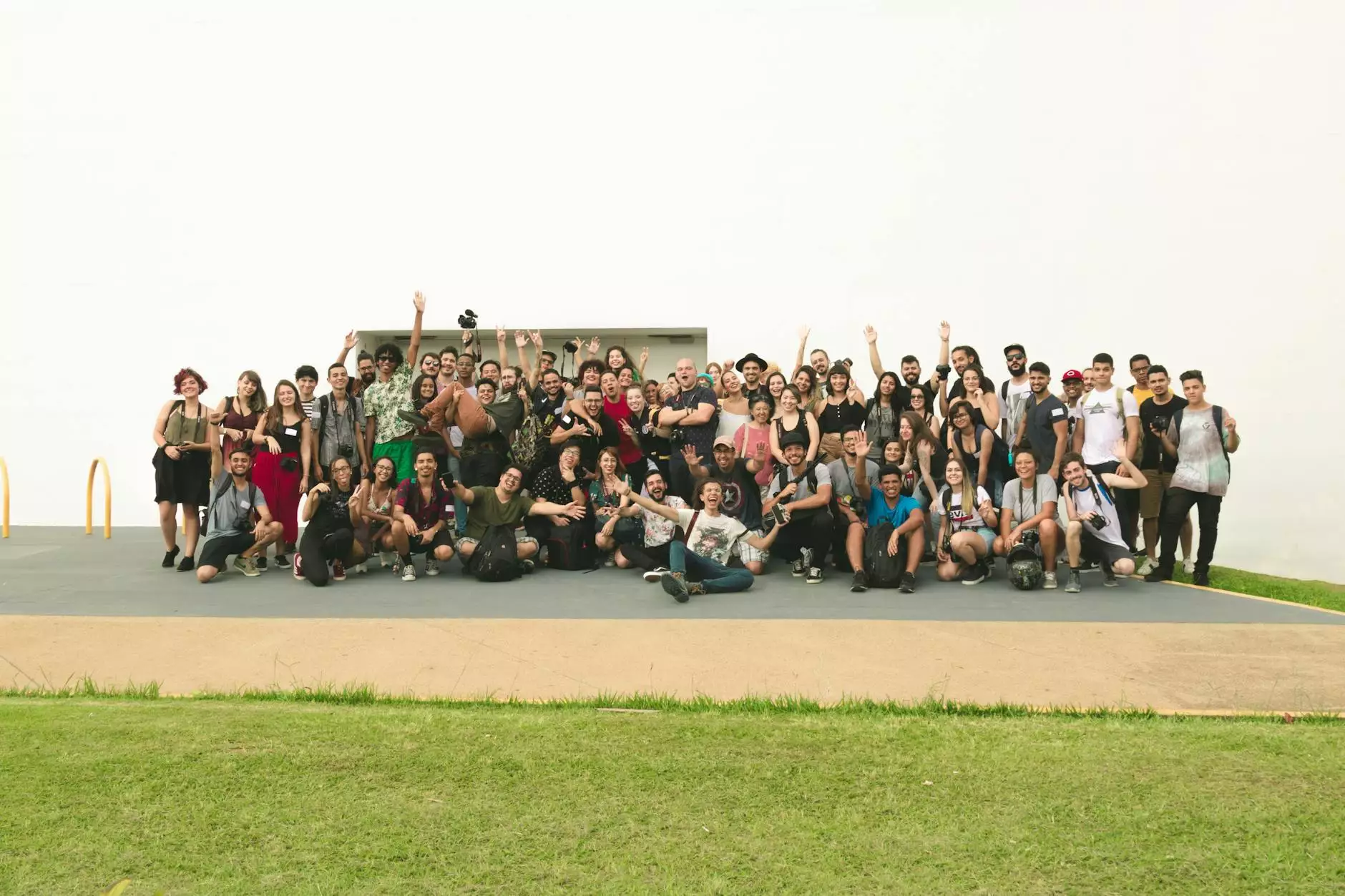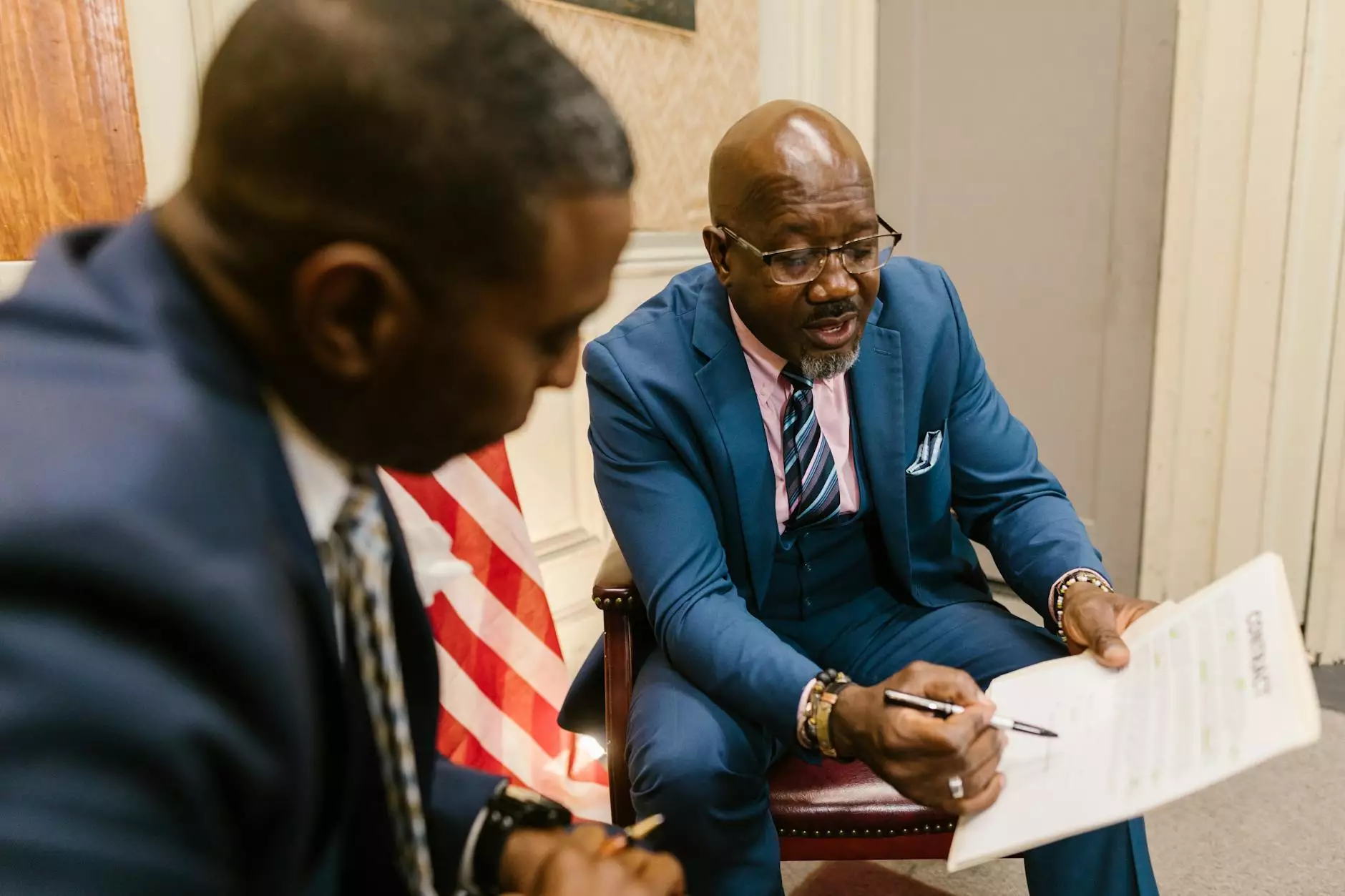Elevating Faith: The Vital Role of Synagogues and Religious Organizations in Communities

In an ever-changing world marked by rapid advancements in technology and shifting societal values, the importance of synagogues, religious organizations, and churches remains steadfast. They act as pillars of support, spiritual guidance, and community bonding for individuals and families alike. This article delves into the multi-faceted roles that these organizations play, particularly focusing on https://zion.nyc/, and how they enrich the lives of countless people.
The Historical Significance of Synagogues
Synagogues have long served as the heart of Jewish communities, acting as spaces for not just worship, but education, social interaction, and cultural preservation. The historical roots of synagogues can be traced back to ancient times when they were established as gathering places for prayer and learning in the most humble settings. Today, they stand as formidable institutions that foster a sense of belonging and identity.
Education and Learning
One of the core functions of a synagogue is its role in education. Most synagogues offer a range of educational programs, from Torah study and Hebrew lessons to adult education classes. These programs are crucial for passing down traditions and teachings to younger generations, ensuring that the rich heritage of Judaism continues to thrive.
- Shabbat Services: Regular services provide a structured time for communal worship.
- B’nai Mitzvah Preparation: Programs to prepare young individuals for their coming-of-age ceremonies.
- Adult Education: Classes designed to engage adults in deeper theological discussions.
The Role of Religious Organizations in Community Building
Religious organizations, similar to synagogues, play a pivotal role in fostering a sense of community. They provide a space where people can congregate, support one another, and engage in collective efforts for the greater good. Such organizations often initiate outreach programs that extend help to those in need within the community.
Community Outreach and Social Justice
Many religious organizations actively engage in social justice work, responding to the needs of the most vulnerable in society. From food banks to legal assistance programs, their efforts contribute significantly to alleviating social disparities. This commitment to service reinforces the organization’s relevance and demonstrates faith in action.
- Food Drives: Regular initiatives to collect and distribute food to those in need.
- Housing Assistance: Programs aimed at helping families find safe and affordable housing.
- Advocacy: Engaging in local and national advocacy to promote social justice issues.
Spiritual Growth and Personal Development
A significant aspect of synagogues and churches is their ability to foster personal and spiritual growth. They provide individuals with not only a place to worship but also a framework for developing personal values and life skills.
Workshops and Seminars
Many religious organizations offer various workshops and seminars that cater to different aspects of life. Topics can range from managing finances to building healthy relationships, all grounded in the principles of faith and community values.
- Life Skills Workshops: Instruction on practical life skills that strengthen community members.
- Spiritual Retreats: Opportunities for individuals to step back from daily life and engage in deeper spiritual reflection.
- Counseling Services: Providing professional counseling services with a faith-based approach.
The Importance of Cultural Preservation
Religious organizations also play a fundamental role in preserving cultural identity. They offer a platform for people of shared heritage to celebrate religious and cultural traditions. This is evident in annual festivals, holiday celebrations, and various community gatherings that strengthen cultural ties and educate younger generations about their heritage.
Community Celebrations and Festivals
These organizations often host significant cultural events that encourage community participation and raise awareness about cultural practices. Such events can include:
- Religious Holidays: Celebrations such as Passover, Hanukkah, Easter, and Christmas foster communal spirit and cultural transmission.
- Art and Music Festivals: Events that feature traditional art forms and performances that enrich the cultural landscape.
- Interfaith Dialogues: Initiatives that encourage understanding and collaboration between different faiths.
Building Intergenerational Connections
Synagogues and religious organizations serve as bridges between generations, fostering strong intergenerational connections. Through various programs, elders pass on their wisdom to younger members, creating a cycle of knowledge and cultural continuity.
Mentorship Programs
Mentorship initiatives within these organizations enable older members to guide younger ones through life's challenges. Such relationships not only benefit the mentees but also provide a sense of purpose and fulfillment to the mentors.
- Big Brother/Big Sister Programs: Pairing youth with mentors to provide guidance and support.
- Cultural Storytelling: Encouraging elders to share their life stories to preserve cultural narratives.
- Joint Service Projects: Collaborative projects that bring together multiple generations for a common cause.
Making a Difference Through Charity
At the core of many synagogues and religious organizations is a commitment to charity. Whether it's through formalized programs or ad-hoc initiatives, the spirit of giving is instilled in community members, encouraging them to contribute positively to society.
Volunteer Opportunities
Most organizations present numerous opportunities for volunteers to engage in meaningful work. This not only aids those in need but also fosters a sense of camaraderie among participants. Common opportunities include:
- Community Clean-Ups: Organizing clean-up days to enhance local parks and public spaces.
- Visiting the Sick: Programs that mobilize community members to visit those in hospitals or caregiving facilities.
- Fundraising Events: Hosting events to raise money for charitable causes that align with the organization’s values.
Creating Inclusive Spaces
In recent years, there has been a strong emphasis on creating inclusive environments within synagogues and religious organizations. Embracing diversity is essential for fostering understanding and acceptance in increasingly multicultural societies.
Welcoming All
Organizations are actively working to welcome individuals from varied backgrounds, ensuring that everyone can find a home within their community.
- Multicultural Events: Celebrating diverse cultural practices through inclusive programming.
- Language Services: Offering services in multiple languages to accommodate non-native speakers.
- Sensitivity Training: Conducting training sessions to foster understanding and acceptance among members.
Conclusion: The Enduring Impact of Faith-Based Organizations
The multifaceted roles of synagogues, religious organizations, and churches reveal their indispensable functions within the social fabric of communities. By focusing on education, outreach, cultural preservation, and intergenerational connections, these organizations promote growth, understanding, and support among their members.
As we look to the future, the spotlight remains on platforms like https://zion.nyc/, which continue to exemplify the commitment to nurturing faith and community spirit. By investing in spiritual spaces, we invest in the very fabric of our neighborhoods, ensuring they thrive for generations to come.









